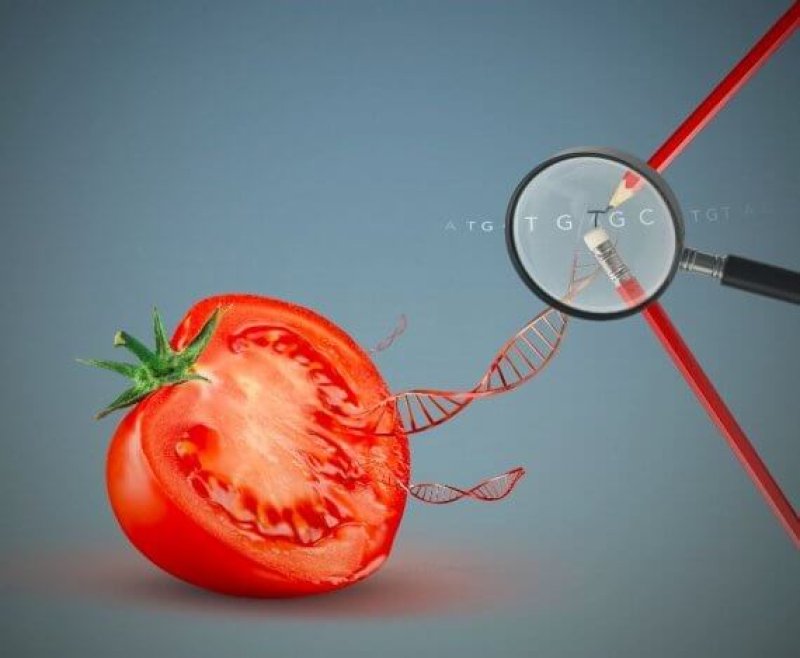As an organization of basic research, the Max Planck Society bears a special responsibility for the use of new scientific techniques for the benefit of humans and the environment. The Ethics Council of the Max Planck Society has therefore prepared a discussion paper [in German] on so-called genome editing, which highlights the potentials and risks of this method.
In the paper, the Ethics Council concludes that the various uses of the technology in plant breeding, medicine or pest control bring their own ethical issues. These must be answered individually. For example, the Max Planck Society is aware of the implications of inheritable artificial mutations, such as those caused by genome editing of germ line cells. For the time being, therefore, it will not conduct any research on the genetic modification of germline cells. Instead, [the society] wants to participate in the discussion based on the latest scientific findings and the development of international standards.
…
Detlef Weigel of the Max Planck Institute for Developmental Biology explains in the chapter on Genome Editing of Plants that the technology can produce new plant varieties that are more resistant to herbicides …. The paper concludes that genome-edited crops should not be covered by the EU’s GMO [rules] if the changes due to genome editing are indistinguishable from natural mutations.
No change in the germline
According to the technology Stefan Mundlos and Hans Schöler, the technology also has great potential for medicine. For example, the correction of pathogenic mutations in blood cells could cure leukemia patients. In contrast to the genome editing of such ordinary body cells, the Max Planck Society rejects the alteration of germ line cells under the current conditions. Not only have various security concerns not been resolved – the health of patients would also need to be controlled over several decades to rule out side effects in future generations.
The Ethics Council doubts in its paper that a voluntary commitment by the scientific community to suspend germ line experiments for the time being would solve these problems. Not every scientist will feel bound to such a moratorium. In addition, violations would hardly be punished.
Concerns about Gene Drive
Similarly, the scientific and ethical questions about the use of the so-called gene-drive technology using genome-edited insects are not easy to answer. Although the technology can contribute to the control of diseases and pests, problems are the lack of dispersion control and the lack of opposition of the people living in the affected regions.
So far, there are no national or international laws that could protect against misuse of research results on genome editing. Silja Vöneky from the University of Freiburg therefore advocates a state supervisory authority or an international committee that can assess risky experiments on a broad basis.
[Editor’s note: This article was published in German and has been translated and lightly edited for clarity.]
Read full, original article: Max Planck Society rejects interference with the human germline































